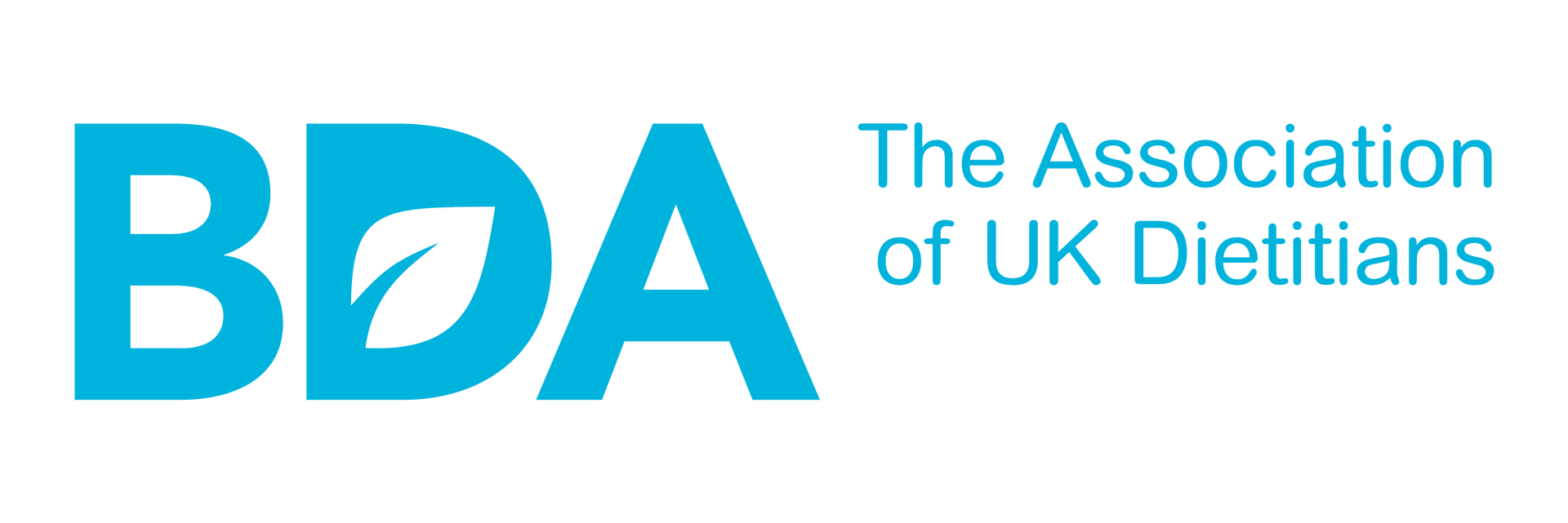Mounjaro - why cant I get hold of this on the NHS?

It feels like a day doesn't pass when weight loss injections aren't featured on the news or social media. So why is it so hard to get hold of them via the NHS for weight loss?

You may have heard in the media about a new weight loss medicine - Mounjaro, also known as Tirzepatide being the newest one. As of February 2025, Mounjaro is not yet widely accessible through the NHS for weight loss management. The National Institute for Health and Care Excellence (NICE) has approved its use and plans to roll it out gradually over the next three years, prioritising patients with the highest clinical need. This phased approach aims to manage the financial impact and ensure safe implementation. Its estimated over 64% of the adult population in England lives with overweight or obesity (a body mass index or BMI over 25 and 30kg/m2), therefore the potential demand for this medication as a weight loss treatment is expected to be enormous. At first those with a BMI over 35, with at least one health problem relating to their weight will be prioritised. The NHS expects to be able to give it to some people to help with weight loss from April 2025.
Currently, Mounjaro is primarily available on the NHS for individuals with type 2 diabetes. For weight management purposes, access through the NHS is limited, and many patients may face extended waiting periods. Consequently, some individuals are turning to private healthcare providers to obtain the medication, despite the higher costs associated with private prescriptions. It's important to consult with a healthcare professional to determine if Mounjaro is suitable for your weight loss needs and to discuss the most appropriate and safe avenues for accessing the medication.
When using
Mounjaro for weight loss or diabetes management, following a
well
balanced, nutrient-dense diet can enhance its effectiveness and help you achieve the best results. Mounjaro slows digestion, reduces appetite and helps people to feel more satisfied with food eaten. Having a smaller appetite means its imperative to follow a well balanced diet, helping to prevent nutritional deficiency. Here’s a general dietary guideline:
1. Prioritise Protein Intake
Protein helps maintain muscle mass and keeps you full longer. Aim for:
• Lean meats (chicken, turkey, lean beef)
• Fish & seafood (salmon, tuna, cod)
• Eggs
• Dairy (Greek yogurt, cottage cheese)
• Plant-based proteins (tofu, tempeh, lentils)
2. Choose Healthy Fats
Fat slows digestion and helps you to feel satisfied:
• Avocados
• Nuts & seeds (almonds, chia, flaxseeds)
• Olive oil & rapeseed
• Fatty fish (salmon, mackerel)
3. Include Fibrr-Rich Foods
Mounjaro can cause constipation, fibre helps digestion:
• Vegetables (broccoli, spinach, kale)
• Fruits (berries, apples, pears)
• Wholegrains (quinoa, brown rice, oats)
• Legumes (chickpeas, black beans)
4. Limit processed foods
A diet higher in processed foods, containing more sugar, salt and saturated fat is associated with poorer health outcomes. Try to avoid or limit:
• Sugary drinks & snacks (pop, jelly sweets, cake, chocolate, pudding)
• Pies, pastries and crisps
• Processed meats; bacon, sausage, chorizo, salami
5. Stay Hydrated
Aim for 1.5 - 2 litres per day. In warmer weather or if exercising, consider more. Water is your optimum form of hydration
6. Eat Smaller, Frequent Meals
Mounjaro slows stomach emptying, overeating can cause discomfort so eating little and often maybe a solution if you are struggling to eat your usual 2-3 meals per day. Try:
• Smaller portions
• Eating slowly
• Stopping when full
Here’s a
sample meal plan for someone using
Mounjaro for weight loss. It focuses on
high protein, fibre, and healthy fats while limiting processed foods.
Breakfast:
• Scrambled eggs with spinach & feta
• 1-2 slices whole grain toast
• Herbal tea or coffee
Snack:
• Greek yogurt with a handful of berries and chia seeds
Lunch:
• Grilled chicken salad with mixed greens, avocado, cherry tomatoes & olive oil dressing
• A handful of quinoa
Snack:
• 30g almonds or 1 boiled egg
Dinner:
• Chilli flavoured salmon with roasted butternut squash & green beans
Evening snack (optional):
• Herbal tea and/or 25g dark chocolate
Tips:
✔
Eat slowly & stop when full (Mounjaro slows digestion)
✔
Drink plenty of fluids
✔
Prioritise lean protein, wholegrains and fibre containing foods
✔
Avoid/Limit sugary snacks & processed foods
Mounjaro is a medication used for type 2 diabetes and weight management. While effective, it can lead to nutritional concerns, including:
• Reduced Appetite and Nutrient Intake – Mounjaro suppresses appetite, which can result in lower calorie and nutrient consumption, potentially leading to deficiencies in vitamins and minerals.
• Protein Deficiency – Significant weight loss can lead to muscle loss if protein intake is inadequate. Maintaining sufficient protein intake is important to preserve lean body mass.
• Vitamin and Mineral Deficiencies – Reduced food intake may cause deficiencies in essential nutrients such as:
• B vitamins (B12, B6, folate) – Important for energy metabolism and neurological function.
• Iron – Essential for red blood cell production; low levels may lead to anaemia.
• Gastrointestinal Issues – Common side effects like nausea, vomiting, diarrhoea, or constipation may lead to poor nutrient absorption and dehydration.
• Fat Malabsorption (in rare cases) – If dietary fat intake is significantly reduced, there could be issues with fat-soluble vitamin absorption (A, D, E, and K).
Ways to Mitigate Nutritional Concerns
• Eat Nutrient-Dense Foods: Prioritise lean proteins, healthy fats, whole grains, fruit and vegetables.
• Monitor Micronutrient Levels: Consider blood tests to check for deficiencies, especially B12, iron, and electrolytes.
• Hydration: Drink plenty of water.
• Protein Intake: Aim for adequate protein to prevent muscle loss (e.g., lean meats, dairy, eggs, tofu, legumes).
• Consider Supplements: If necessary, supplement key vitamins and minerals based on medical advice.
Are you using Mounjaro or considering it? Do you need help managing your diet to help maximise its use? Want to talk to an expert to understand its use and how it could benefit you?
See below to book a FREE 15 minute discovery call.
Send us a message
Contact Us
Thank you for contacting us.
We will get back to you as soon as possible.
Oops, there was an error sending your message.
Please try again later.
Spooner Nutrition








